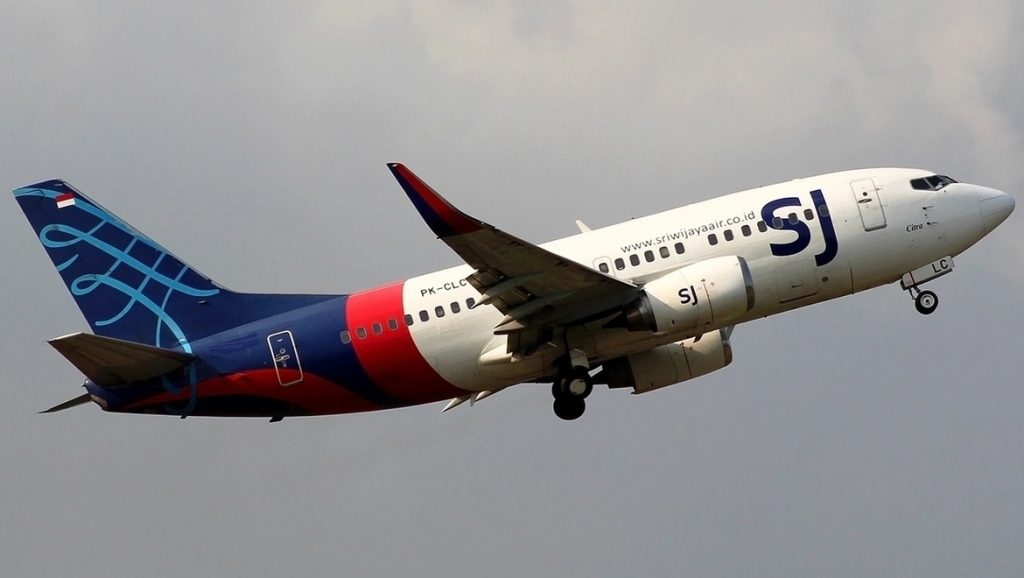
Indonesian investigators have sent five components recovered from the Sriwijaya Air 737 that crashed in the Java Sea in January to the US and UK for further examination.
Flight SJ 182, a Boeing 737-500, crashed into the Java Sea just minutes after take-off from Jakarta on Saturday, 9 January 2021.
Indonesia’s National Transportation Safety Committee (KNKT) chief Soerjanto Tjahjono said on Tuesday that components recovered from the plane have now been sent to overseas authorities, in an attempt to better understand what may have caused the crash.
As per previous reports that the crash may have been caused by a faulty autothrottle system, Tjahjono confirmed that this was one of the components being further investigated.
Also as previously reported, investigators have already recovered one of the plane’s two key black boxes, the flight data recorder (FDR).
The flight recorder contained 330 parameters, which refers to the amount of data recorded from various systems in the aircraft, including the flight path, speed, engine power and flaps configurations.
All 330 parameters are in “good condition” according to the KNKT.
However, the other black box, the cockpit voice recorder, is still yet to be recovered.
“If we only have the FDR, we do not know why the [autothrottle] parameter changed, what was the reason,” Tjahjono said.
“We need confirmation from the components that we sent to the US and UK and the CVR.”
The Indonesian investigator confirmed last month that it was investigating whether or not a problem with the autothrottle system was to blame for the fatal crash.
According to a Wall Street Journal report, information retrieved from the plane’s flight data recorder (FDR) showed that the autothrottle system – which automatically controls the aircraft’s engine power – was not operating properly on one of the plane’s engines, as it climbed after take-off from Jakarta.
Further, the FDR suggested that the pilots did not shut off the malfunctioning autothrottle system, and instead attempted to get the system to function, The WSJ report said, which could create significant differences in power between engines, making the jet harder to control.
The aircraft involved in the crash is said to have had issues with its autothrottle in the days leading up to the crash, according to Indonesian National Transportation Safety Committee (KNKT) investigator Nurcahyo Utomo.
Tjahjono said the WSJ report was incorrect and more information would be provided in the KNKT’s preliminary report, which is expected to be finalised by 9 February 2021.




